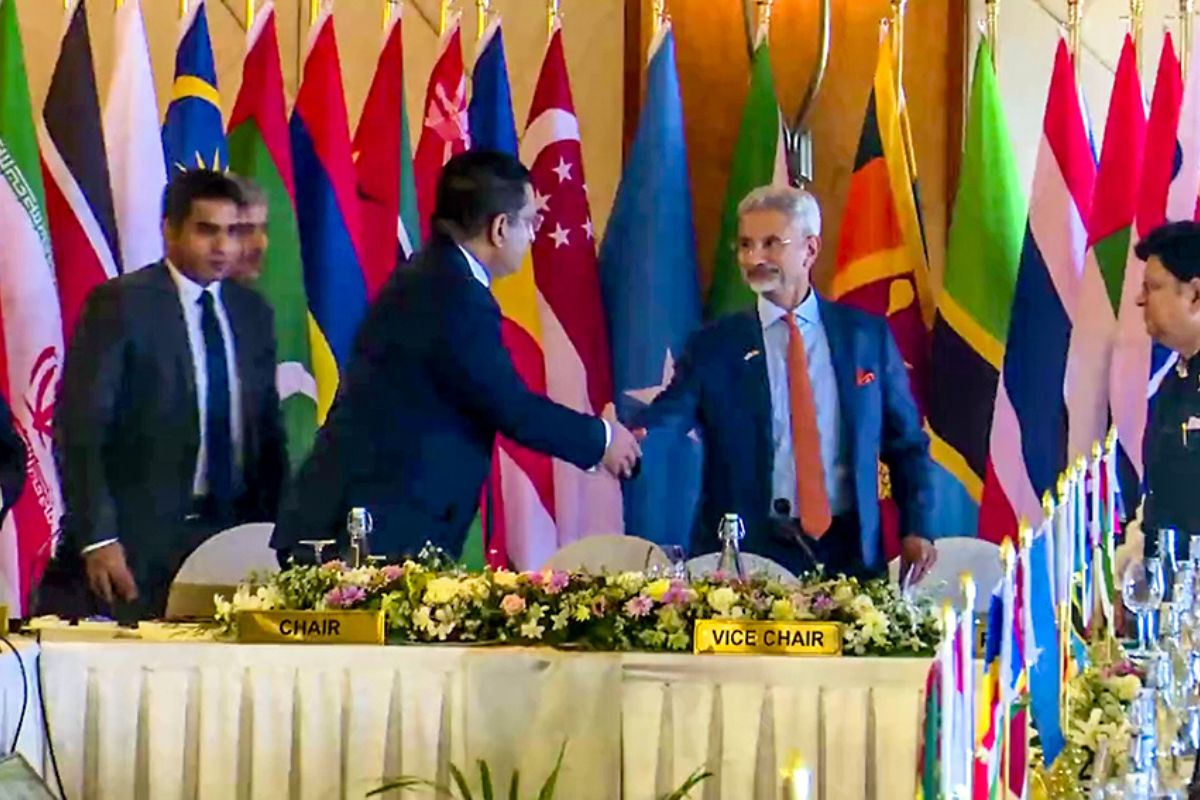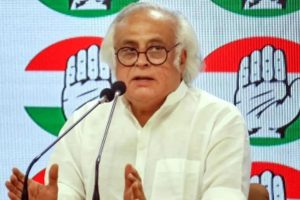In a veiled reference to Beijing’s debt-trap diplomacy, the foreign minister, S Jaishankar, cautioned the Indian Ocean Rim Association members, on Wednesday, against “hidden agendas, unviable projects or unsustainable debt” while undertaking development projects.
“Exchange of experiences, sharing of best practices, greater awareness and deeper collaboration are part of the solutions,” he said at a news conference after the 23rd IORA Council of Ministers’ meeting in Colombo.
His comments come in the wake of China extending huge loans to developing countries in Asia and Africa and then leveraging the resulting financial distress of recipients to its advantage.
Jaishankar said India’s commitment to IORA is deeply rooted in the principles of peaceful coexistence, shared prosperity, and regional collaboration.
“For (IORA) member states to grow and prosper, development challenges must be continuously and effectively addressed. In particular, we should cooperate on various aspects of the maritime economy, resources, connectivity, and security,” he said.
Earlier, addressing the IORA meeting, Jaishankar said a multilateral rules-based international order along with sincere respect for sovereignty and territorial integrity remained the foundation for reviving the Indian Ocean as a strong community. This was ostensibly in the context of China’s aggressive posturing on maritime issues.
He said it was India’s effort to develop the Indian Ocean community that was stable and prosperous, strong, and resilient, and which was able to cooperate closely within and to respond to happenings beyond the ocean.
“It is thus important to maintain the Indian Ocean as a free, open, and inclusive space [that is] based on the UN Convention on the Law of the Seas (UNCLOS), as the Constitution of the Seas. The spirit of 1971 that our Sri Lankan colleague referred to, should continue to guide our outlook, discouraging any hidden agendas to the contrary,” the foreign minister said.
Jaishankar said India would continue its approach of contributing to build capacity and secure safety and security in the Indian Ocean Region, including as first responder and a net security provider.
“India’s commitment to the well-being and progress of nations of the Indian Ocean is based on our “Neighbourhood First” policy, the SAGAR outlook, our approach to the extended neighbourhood and to the Indo-Pacific,” he added.
In the resurgence of Asia, and global rebalancing, the Indian Ocean held a central position, playing a crucial role in the development and prosperity of the littoral nations, by supporting trade and sustaining livelihoods, offering immense possibilities of connectivity and resource utilization.
“It is the message of ‘Vasudhaiva Kutumbakam’ or ‘the world is one family’ which can be a binding force to bring the IORA member states together,” he said.












